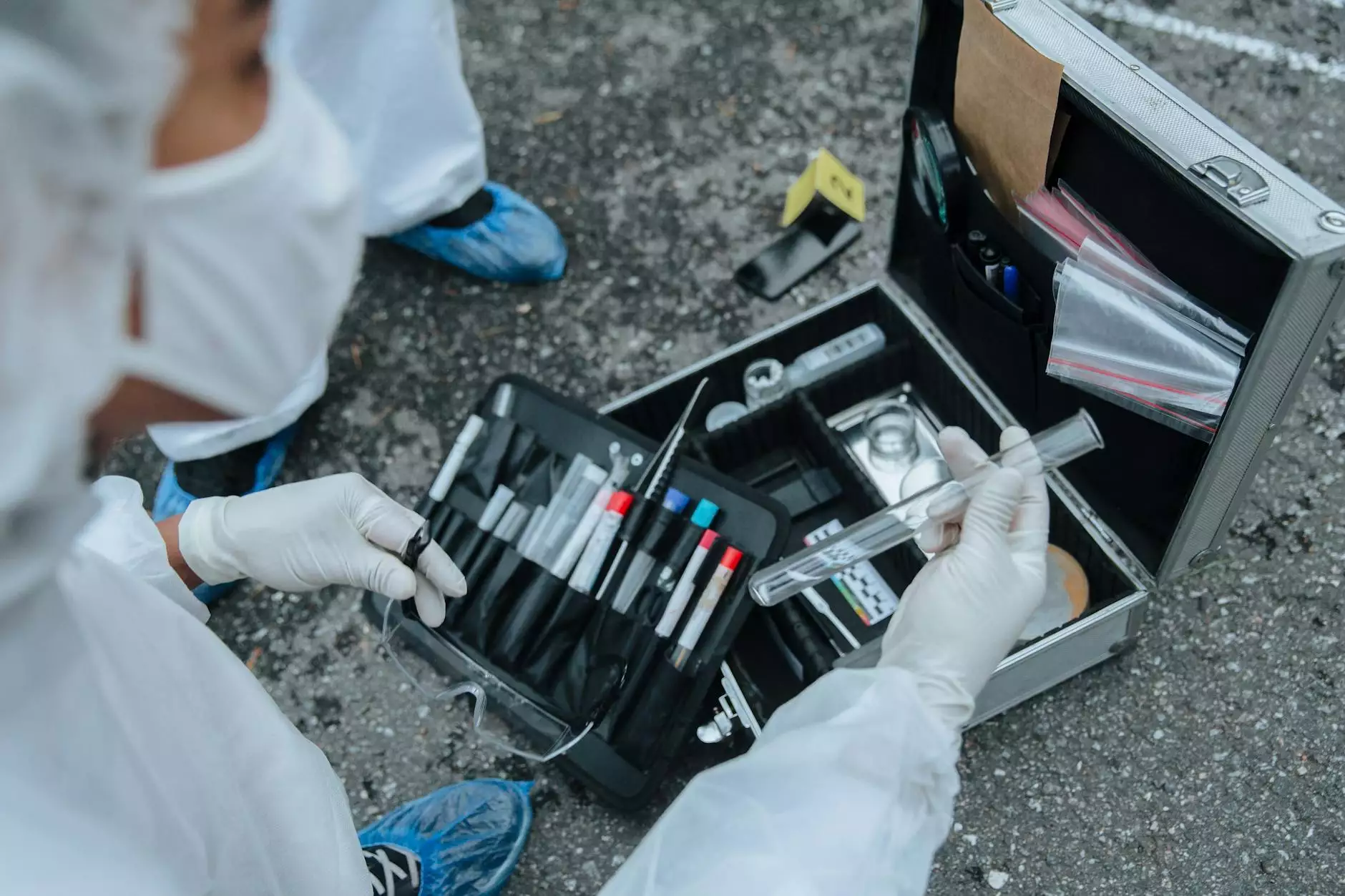Understanding the Role of a Colon Cancer Center

Introduction to Colon Cancer
Colon cancer, also known as colorectal cancer, originates in the colon or rectum and represents a significant health concern worldwide. As it develops from polyps in the lining of the colon, early detection through screenings can lead to better outcomes. This article aims to provide comprehensive knowledge about a colon cancer center, its functions, and the crucial role it plays in the treatment landscape.
What is a Colon Cancer Center?
A colon cancer center is a specialized medical facility focused on the prevention, diagnosis, treatment, and research of colorectal cancer. These centers are equipped with advanced technologies and staffed by multidisciplinary teams, including oncologists, surgeons, radiologists, pathologists, and support personnel who work collaboratively to provide comprehensive care.
The Importance of Specialized Care
General hospitals may not always have the specific expertise needed to treat colon cancer effectively. A dedicated colon cancer center offers numerous advantages:
- Multidisciplinary Approach: Patients benefit from the coordinated efforts of various specialists.
- Access to Clinical Trials: These centers often participate in cutting-edge research and clinical trials.
- Advanced Technology: They typically invest in the latest diagnostic and treatment technologies, providing superior patient care.
Comprehensive Services Offered by Colon Cancer Centers
The services provided at a colon cancer center are designed to address every aspect of the patient's journey, from initial diagnostics to survivorship support.
1. Early Detection and Screening
Colon cancer screening is essential for detecting the disease early, often before symptoms develop. Typical screening methods include:
- Colonoscopy: A procedure that allows doctors to view the entire colon and rectum.
- Stool Tests: Non-invasive tests to check for signs of cancer in stool samples.
- Flexible Sigmoidoscopy: Offers a view of the lower part of the colon.
Regular screenings are crucial, especially for individuals over the age of 45 or those with a family history of colon cancer.
2. Diagnostic Imaging
Accurate diagnosis is fundamental for effective treatment. Common imaging techniques employed include:
- CT Scans: To visualize the colon and detect any abnormalities.
- MRIs: Used in complex cases where more detailed images are necessary.
- Ultrasound: Helps assess lymph nodes and other organs for cancer spread.
3. Personalized Treatment Plans
Once diagnosed, patients at a colon cancer center receive personalized treatment plans based on their specific cancer type, stage, and overall health. Treatment options may include:
- Surgery: To remove the tumor and surrounding tissue.
- Radiation Therapy: Often used to target cancer cells, particularly before or after surgery.
- Chemotherapy: Systemic treatment designed to kill cancer cells throughout the body.
- Immunotherapy: A newer approach that helps the immune system fight cancer.
4. Ongoing Support and Resources
The journey through colon cancer treatment can be challenging. To aid patients and their families, colon cancer centers often provide:
- Counseling Services: Psychological support to cope with the emotional toll of cancer.
- Nutritional Guidance: Tailored dietary plans to help maintain health during treatment.
- Support Groups: Opportunities for patients to connect, share experiences, and receive encouragement.
Research and Clinical Trials at Colon Cancer Centers
Many colon cancer centers are at the forefront of research into new treatments and therapies. By participating in clinical trials, patients may gain access to innovative treatments that are not yet widely available. These trials can offer hope and potentially lead to better outcomes compared to standard therapies.
Benefits of Participation in Clinical Trials
Participating in a clinical trial can provide numerous benefits, such as:
- Access to New Treatments: Patients may receive the latest therapies that could be more effective.
- Close Monitoring: Participants often receive more frequent check-ups and care to monitor their progress.
- Contributing to Research: By participating, patients can help advance medical knowledge and treatment options for future patients.
Finding a Colon Cancer Center Near You
When seeking treatment for colon cancer, it is essential to find a colon cancer center that meets your needs. Factors to consider include:
- Location: Proximity to the center may ease the burden of frequent visits.
- Reputation: Research the center’s success rates and patient reviews.
- Available Services: Ensure the center offers the specific services you require.
Survivorship and Follow-Up Care
After treatment, the journey does not end. Follow-up care is vital for detecting any recurrence and managing long-term effects. A colon cancer center provides:
- Regular Check-Ups: Monitoring health post-treatment.
- Managing Side Effects: Addressing any lingering side effects from treatment.
- Nutritional and Lifestyle Counseling: To help prevent cancer recurrence.
Conclusion
In summary, a colon cancer center plays an indispensable role in the fight against colorectal cancer. By offering specialized services, access to cutting-edge research, and a supportive environment, these centers ensure that patients receive the best possible care at every stage of their journey. If you or a loved one are facing a diagnosis of colon cancer, consider reaching out to a reputable colon cancer center to explore your options for treatment and support.
For more information, please visit oncologicalsurgery.net.



